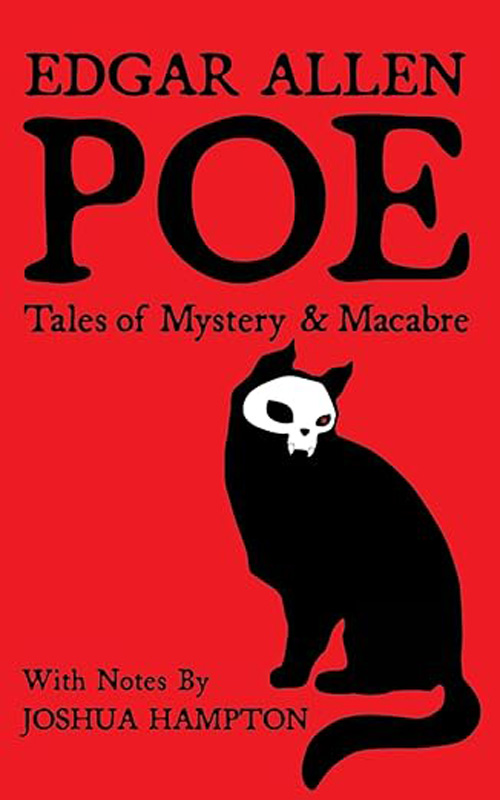September has slipped into October, leaves are beginning to change –– even as the Island has experienced a dazzling streak of weather, keeping summer feelings stirring in all of this. October is one long month leading to its end, Halloween, the holy festival for witches and heathens, a night when things stir and somewhere may be witches stirring mischief as they churn their potions: “Double, double toil and trouble, fire burn and cauldron bubble” (Macbeth).
It’s been causing me to think of books that scare us, books looking into the dark and scary corners of the universe, and there have always been scary nooks and crannies to frighten us. Pliny the Younger wrote a ghost story set in Athens during the height of the Roman Empire. Grimm’s fairy tales were, well, grim.
Mary Shelley gave a twist to terror with Frankenstein playing god; hubris and torment mixed together in a tragic tale still haunting more than two centuries later, inspiring multiple film versions. A new one is just out, with Jacob Elordi offering a new interpretation of Frankenstein’s creation. You can find a copy in our Banned Books section. Yup, it’s banned in places.
Vlad the Impaler, Romania’s dark prince of gruesome endings for his subjects (King Charles III is a distant descendant), was the inspiration for Bram Stoker’s “Dracula,” still a darn good read. Want something a bit more modern in your literary desire for things vampiric? Try Ann Rice’s “Interview with the Vampire” and its many, many children.
Edgar Allen Poe still thrills us all these years later with his stories, like “The Masque of the Red Death” (my personal favorite), “The Tell-Tale Heart,” and “The Fall of the House of Usher.” He’s perfect for a stormy October night when the wind howls in off the water.
Robert Louis Stevenson gave us “Treasure Island”; he also gave us “Dr. Jekyll and Mr. Hyde,” a cautionary terror tale if ever there was one.
The modern age has given us so many authors of great stories of the dark corners. Stephen King leaps to mind with stories that frighten me. If you like being scared: “Pet Sematary.” The book, not the film. Or, now that school is back in session, the terrifying “Carrie.”
If you are looking for something dark and claustrophobic, “The Haunting of Hill House” by Shirley Jackson. The house wants …
Stephen Graham Jones is a noted contemporary writer whose books like “The Only Good Indians” and “The Buffalo Hunter Hunter” have never sold as well at Edgartown Books as his talent suggests they would. His is a unique voice, formed by his heritage, shaping tales to terrorize. A Native American, a winner of the Bram Stoker Award, Jones writes books that often contain characters who are outsiders, like the half-Indian Jade in “My Heart Is a Chainsaw.” Jade’s a movie fanatic; events in her gentrifying town mirror her favorite slasher films. No one will listen.
Meanwhile, Toni Morrison, one of the literary giants of our time, wrote “Beloved,” a ghost story filled with the hauntings of actions done, regretted, shadows returning and leaving. Also found in our Banned Books section.
We yearn to understand what we do not understand. Tarot cards have sold well in the bookstore ever since I’ve been here. The cards come with answers to questions we have, yearning to know the unknowable, a thirst probably going back as far as humans do.
A book for October might be Grady Hendrix’s “Witchcraft for Wayward Girls,” set in a home for unwed mothers, who are ruled with an iron fist. A book of magic appears; things take a turn.
Want to know a little about local hauntings? Pick up a copy of Tom Dresser’s “Ghosts of Martha’s Vineyard” and discover local spots with a reputation for ghostly events, like the Newes from America or the occasional spectral event at the Christopher. And there’s Holly Nadler’s “Haunted Island.” The Vineyard has a good number of ghosts per square mile, it seems.
We like to be scared; it’s why we crack the covers of these books. And there’s no shortage of them. October is just the month to pick one and curl up with it as the days get shorter and the wind gets stronger, sweeping the falling leaves this way and that, whispering to us: “Something wicked this way comes.”

